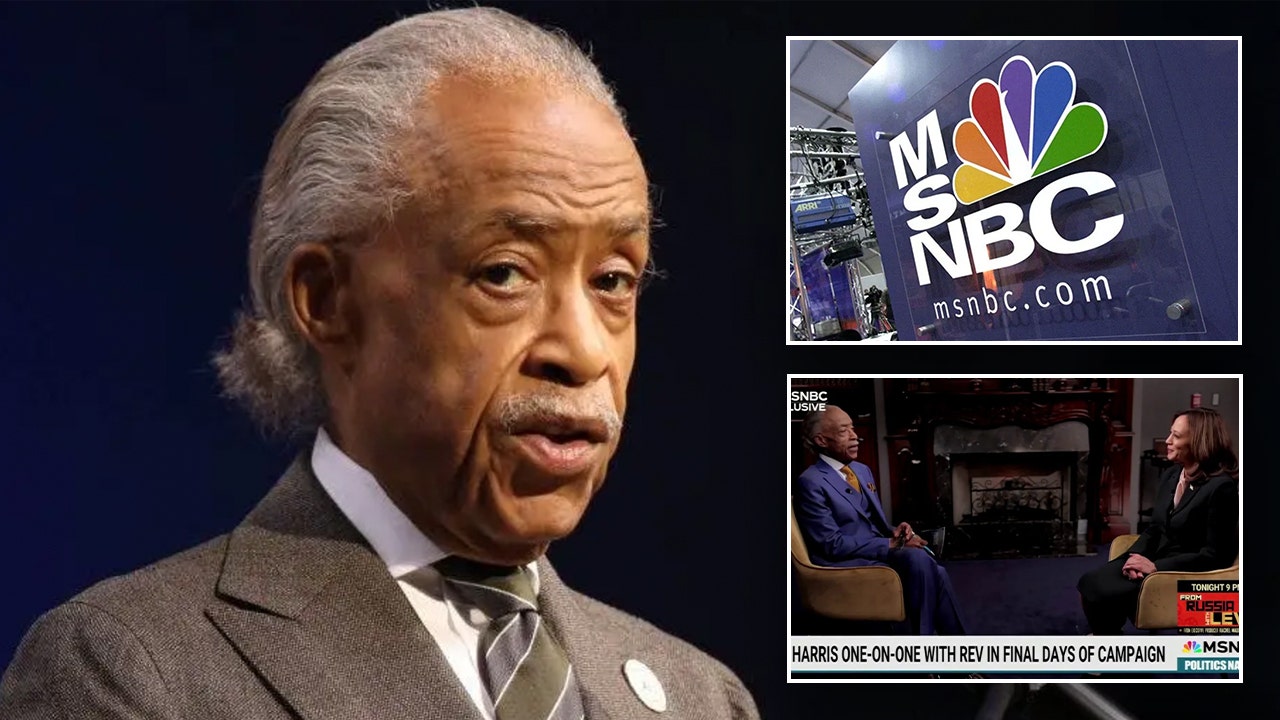Vice President Kamala Harris is on track to win white college graduates—one of the wealthiest demographics in the country—by the biggest margin for a Democratic candidate “in recorded history,” CNN election guru Harry Enten reported on Monday. Harris currently leads Donald Trump by 18 points among the elite voting bloc, according to CNN’s analysis of 2024 election polling. That’s double the margin by which President Joe Biden won white college grads in 2020 and more than triple Hillary Clinton’s winning margin in 2016.
“The bottom line is that Kamala Harris, amongst this group, is doing ridiculously, ridiculously well and is one of the main reasons that she has been able to counter Donald Trump’s rise in support among voters without a college degree,” Enten said. “It’s because she’s doing very well among white voters with a college degree.”
The numbers confirm that Democrats have transformed themselves into a party of “educated” elites in recent years as working-class voters (of all ethnic backgrounds) abandon the party in droves. The educational divide among white voters is particularly striking. A recent NPR/PBS/Marist poll found that just 36 percent of white voters without a college degree said they were planning to vote for Harris, compared to 58 percent of white voters with a college degree.
Meanwhile, Harris continues to lose ground with black and Latino voters compared to previous Democratic candidates. She leads Trump by 66 points among black voters, according to a Yahoo News/YouGov poll released on Monday. That’s not as impressive as it sounds, considering Biden led Trump by 80 points among black voters at this point in the 2020 election, CNN’s Enten explained last month. Harris leads Trump among Latino voters by just 9 points, according to the Yahoo News/YouGov poll, down significantly from the 28-point margin Biden enjoyed at this point in 2020.
In the four years since Biden was elected, the party-identification gap among Latino voters has shrunk from a 31-point Democratic advantage to an advantage of just 12 points as of September, according to a Telemundo poll. The same poll showed Trump leading Harris by 13 points among Latino men without college degrees and trailing the vice president by 16 points among Latino men with college degrees.
The Biden-Harris administration has pursued policies that reflect the Democratic Party’s surging popularity with affluent white voters, most notably its (legally dubious) efforts to provide student loan relief to college graduates, a group that comprises about 40 percent of the electorate but is also among the most likely to vote. The Brookings Institution, a liberal think tank, assessed that affluent borrowers, including individuals with advanced post-graduate degrees, have benefited most from the Biden-Harris debt relief initiatives.
The same goes for Harris’s (alleged) views on tax policy. Whereas former president Barack Obama in 2008 pledged to hike taxes on Americans earning more than $250,000 a year, Harris has raised the threshold to $400,000 in order to placate the Democratic Party’s core demographic of comfortable urban elites. It remains to be seen whether Democrats can turn out enough affluent liberals to counteract the Republican Party’s growing support among working-class voters.
Harris is the first Democratic candidate in nearly 30 years not to receive the endorsement of the Teamsters, which declined to back a candidate this year after a solid majority of the union’s members expressed support for Trump. The International Association of Fire Fighters, the first major union to support Biden’s campaign in 2020, also declined to endorse Harris. It was only the second time since 1984 that the firefighters union has not endorsed the Democratic nominee. The other Democratic candidate who failed to secure the union’s endorsement, Hillary Clinton in 2016, wound up losing the election to Trump.
Last week, the Philadelphia Inquirer reported that working-class voters in the longtime Democratic stronghold have shifted towards Republicans in recent years, a trend that could have major implications given the outsized role Pennsylvania is likely to play in determining the Electoral College winner.
Read the full article here







